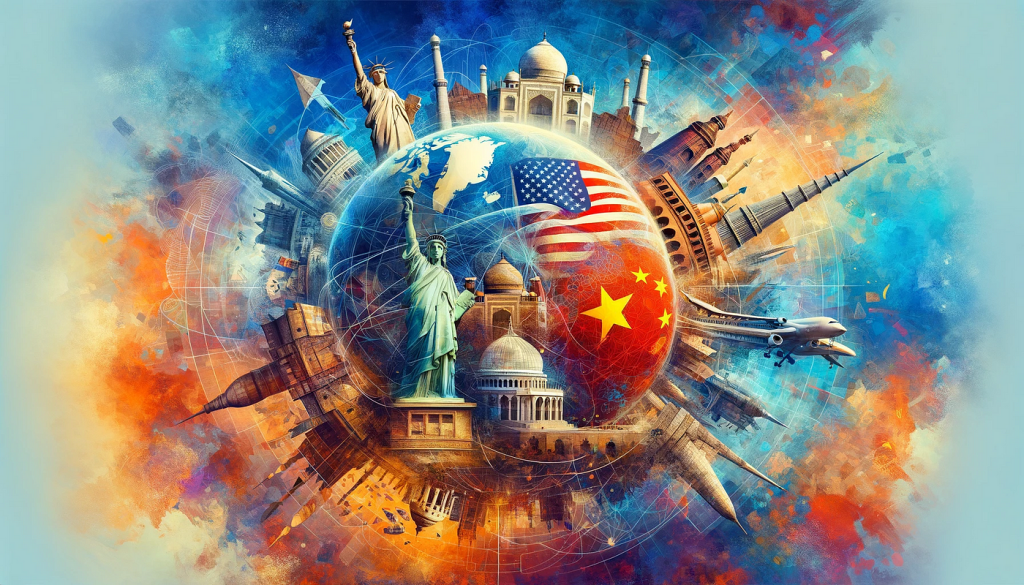International Relations A Complex Tapestry

International Relations A Complex Tapestry
International relations (IR) is the study of how countries and other international actors interact with one another. It is a complex field that encompasses a wide range of topics, from diplomacy and war to trade and human rights.
Key Concepts in International Relations
- Sovereignty: The principle that states are independent and have the right to govern themselves without interference from other states.
- National Interest: The goals that a state seeks to achieve in its foreign policy.
- Power: The ability of a state to influence the behavior of other states.
- Diplomacy: The art of conducting negotiations between states.
- International Organizations: Institutions that bring together states to address shared challenges.
Theories of International Relations
- Realism: A theory that emphasizes the importance of power and national interest in international relations. Realists believe that states are motivated primarily by self-interest and that cooperation is difficult to achieve.
- Liberalism: A theory that emphasizes the importance of cooperation and institutions in international relations. Liberals believe that states can work together to address common challenges and that international organizations can play a crucial role in promoting peace and stability.
- Constructivism: A theory that emphasizes the role of ideas and beliefs in shaping international relations. Constructivists argue that the way states interact with one another is influenced by their identities and the norms and values that they share.
Major Issues in International Relations
- Global Governance: The challenges of governing the world in an increasingly interconnected era.
- Security: The threats to international peace and stability, such as terrorism, nuclear proliferation, and climate change.
- Economic Relations: The challenges of managing global trade and finance.
- Human Rights: The promotion and protection of human rights around the world.
The Future of International Relations
The future of international relations is uncertain, but it is likely to be shaped by a number of factors, including:
- Globalization: The increasing interconnectedness of the world economy and culture.
- Technology: The impact of new technologies, such as artificial intelligence and biotechnology, on international relations.
- Climate Change: The challenges of addressing climate change and its impacts on international cooperation.
International relations is a dynamic and ever-evolving field. It is essential for understanding the complexities of the world we live in and the challenges that we face.
Would you like to learn more about a specific topic in international relations?




